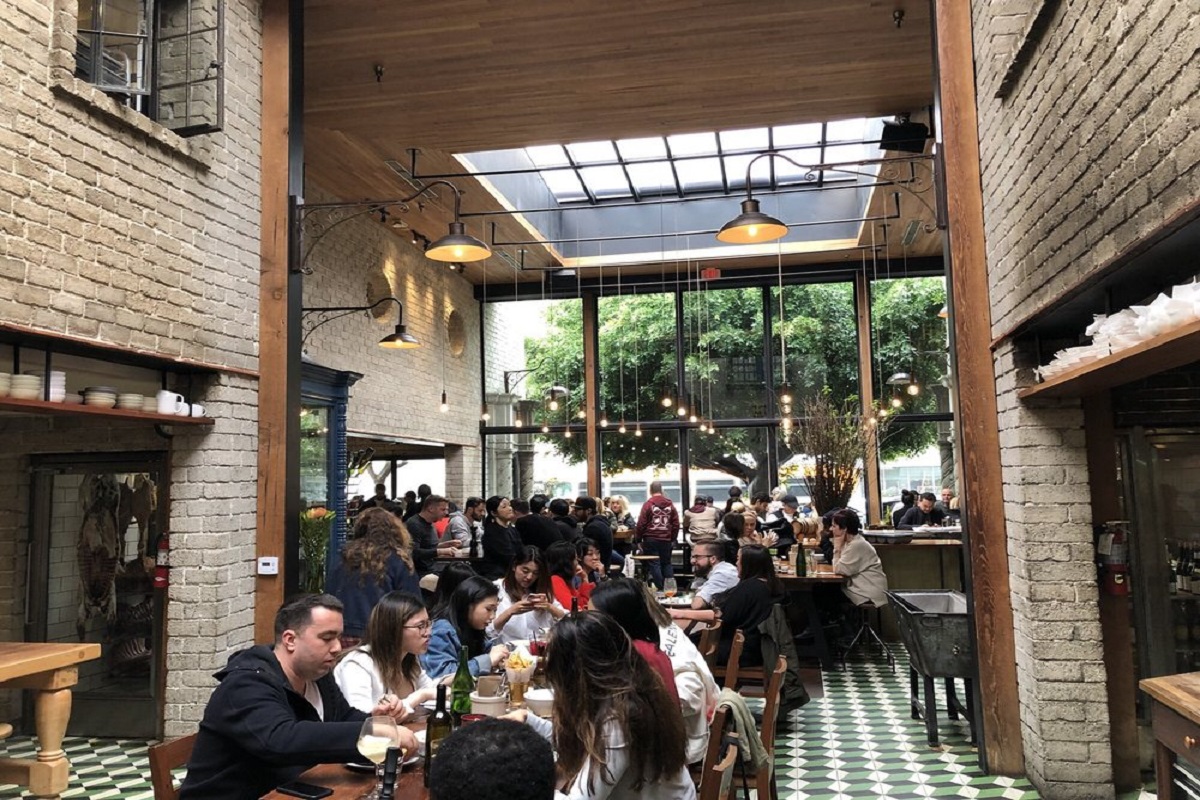California restaurants received clarity from the Attorney General’s office on May 8 regarding the ban on all restaurant fees and surcharges under SB 478, known as the Consumer Legal Remedies Act. This ban, aimed at eliminating “junk fees,” prohibits businesses, including restaurants, from displaying prices that do not include all mandatory fees and charges, thus preventing consumer deception.
For Los Angeles’ restaurant industry, this will likely necessitate menu price adjustments and reevaluation of worker compensation strategies. In recent years, many restaurants have relied on service and health and wellness fees to offset increasing labor costs. While businesses can technically still include these fees, they must be incorporated into advertised menu prices. Additionally, the new law bans automatic gratuities, often applied to larger parties, although initial enforcement efforts will not prioritize this aspect.
Certain trendy L.A. restaurants, such as Jon & Vinny’s, and others like Found Oyster, faced backlash as former employees filed class-action lawsuits alleging deprivation of gratuities. Legally, mandatory service fees do not count as gratuities and can be used at the restaurant owner’s discretion, unlike voluntary tips, which must go directly to workers.
The California Department of Justice is working on enforcement methods, but restaurants continuing to implement service fees or automatic gratuities risk facing lawsuits from private consumers. The California Restaurant Association expressed objection to the new law, stating that service fees should be allowed if properly disclosed on menus. Matthew Sutton, the organization’s senior vice president, criticized the Attorney General’s interpretation, asserting that the intent of SB 478 was not to alter pricing structures for all restaurants in the state.















































